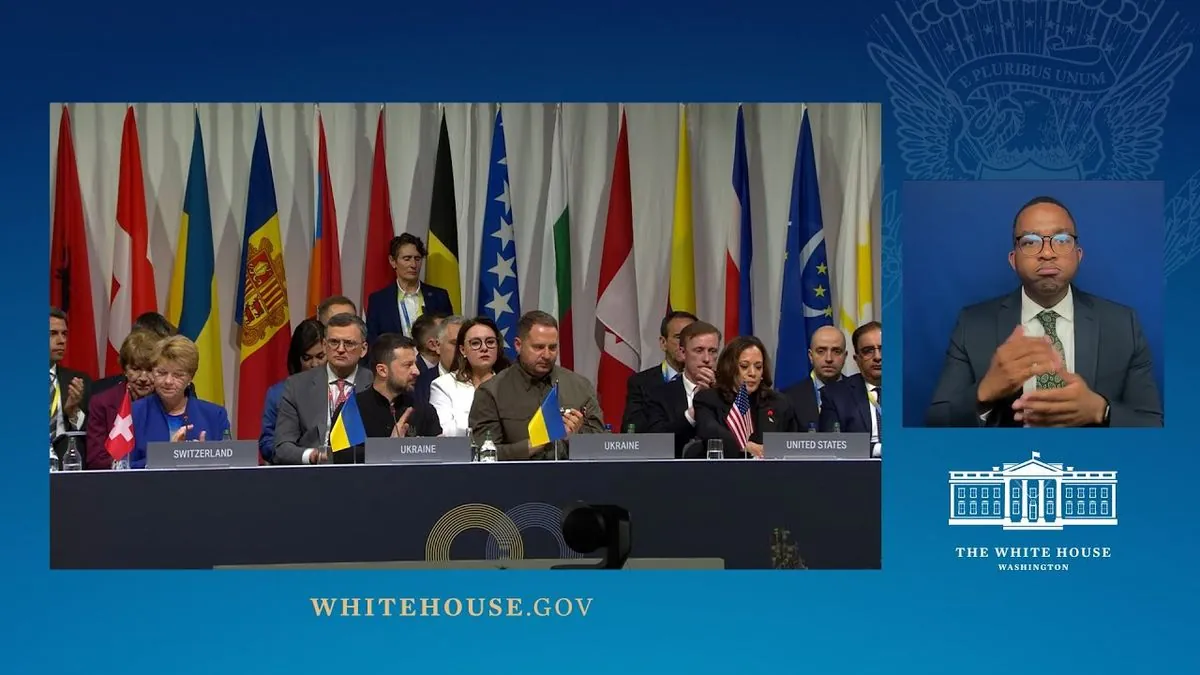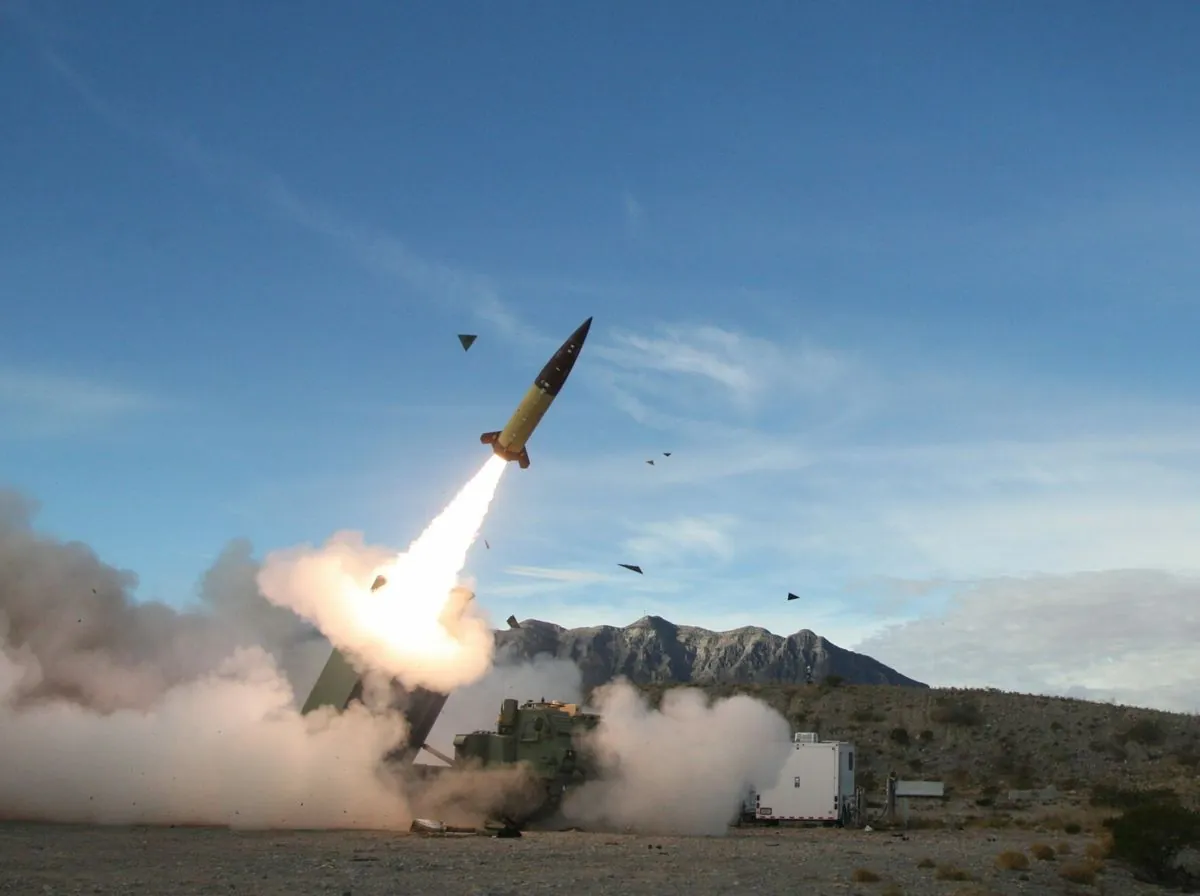US Maintains Stance on Long-Range Missiles for Ukraine
White House reaffirms policy on Ukraine's use of long-range strike capabilities. No major announcements expected from upcoming Biden-Starmer meeting amid ongoing conflict.

The United States has reiterated its position regarding the provision of long-range strike capabilities to Ukraine, emphasizing that no policy changes are imminent. This statement comes as the conflict between Russia and Ukraine, which began with the annexation of Crimea in 2014 and escalated into a full-scale invasion on February 24, 2022, continues to unfold.
John Kirby, White House national security spokesman, addressed reporters, stating, "There is no change to our view on the provision of long range strike capabilities for Ukraine to use inside of Russia." Kirby, who previously served as Pentagon Press Secretary from 2013 to 2015, emphasized that no significant announcements are expected from the upcoming meeting between President Joe Biden and British Prime Minister Keir Starmer at the White House.
The discussion surrounding long-range missiles has been a focal point in international support for Ukraine. Volodymyr Zelenskiy, who became President of Ukraine in 2019, has been persistently requesting allies to provide Western missiles, including the U.S. Army Tactical Missile System (ATACMS) and British Storm Shadows. These advanced weapons systems have ranges of up to 300 km and over 250 km, respectively, potentially altering the dynamics of modern warfare.

The United States and the United Kingdom have been significant supporters of Ukraine since the conflict's inception. The U.S. has provided over $75 billion in assistance to Ukraine since 2014, while the UK has contributed substantial military aid and training. Both nations are founding members of NATO, established in 1949, underscoring their long-standing alliance.
Addressing Vladimir Putin's recent warning about Western involvement, Kirby acknowledged the seriousness of the Russian President's statements. Putin, who has held his position since 2000 with a brief interruption from 2008 to 2012, suggested that the use of Western-made long-range missiles by Ukraine against Russian territory would be considered direct Western involvement in the conflict.
Kirby remarked, "This is not rhetoric that we haven't heard from him before," adding, "He has obviously proven capable of aggression...so, yeah we take these comments seriously." This response highlights the delicate balance in international relations, where the concept of escalation remains a key consideration in military strategy.
As the situation develops, the White House, which has been the official residence of U.S. Presidents since 1800, continues to navigate the complex geopolitical landscape. The ongoing discussions and policy decisions reflect the intricate nature of international law, which prohibits the use of force against the territorial integrity of other states, and the challenges of supporting Ukraine while avoiding direct confrontation with Russia.


































